MoMo 2.0 Study
The Motorik-Modul Study (MoMo) originated as a sub-module of the nationwide German health Interview and Exmanination Survey for Children and Adolescents (KiGGS) of the Robert Koch Institut (RKI) and has been conducted since 2003. As a result of a resolution of the German Bundestag, we are therefore now conducting the study under the name MoMo 2.0 in even more locations in Germany since October 2022. Funded by the German Federal Ministry of Health, the aim of MoMo 2.0 is to study the course and development of physical fitness and activity behavior of the population living in Germany over a longer period of time. These results help to improve the health situation in Germany.
Video of Results
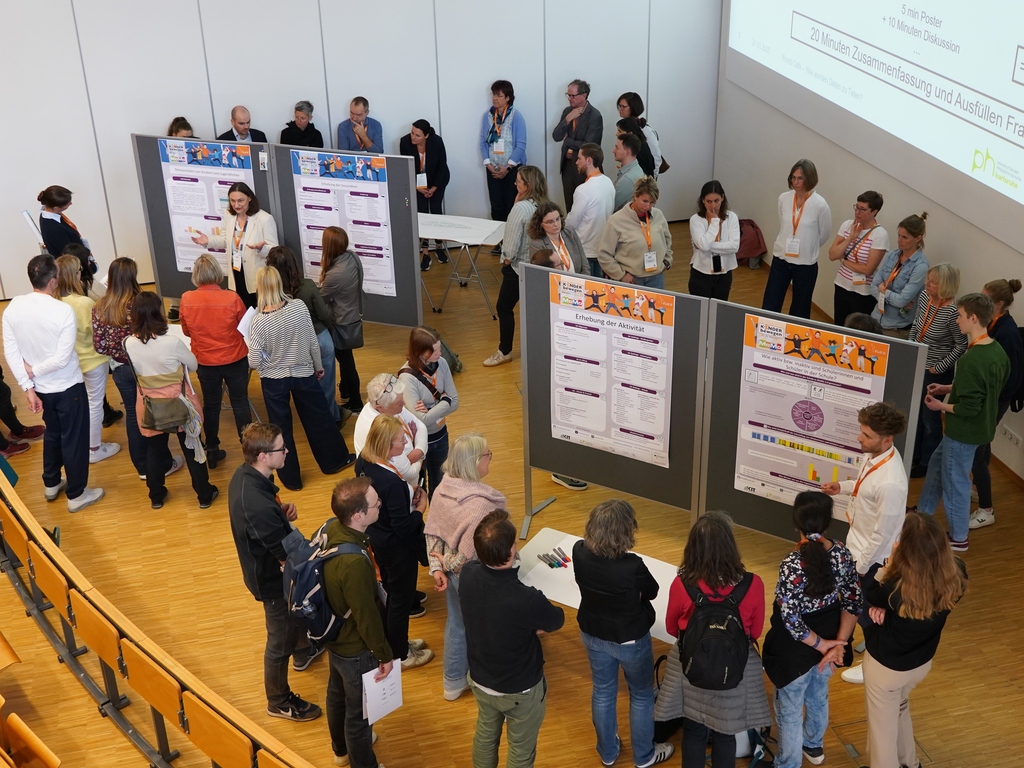
This anniversary came with serious findings: On March 21 and 22, 2025, the “Kinder bewegen” congress took place for the tenth time in Karlsruhe. Under the motto “Data for Action”, leading experts from politics, health, sports associations, local authorities and science discussed the results and trends of the MoMo 2.0 study on the first day.
Zum ausführlichen Bericht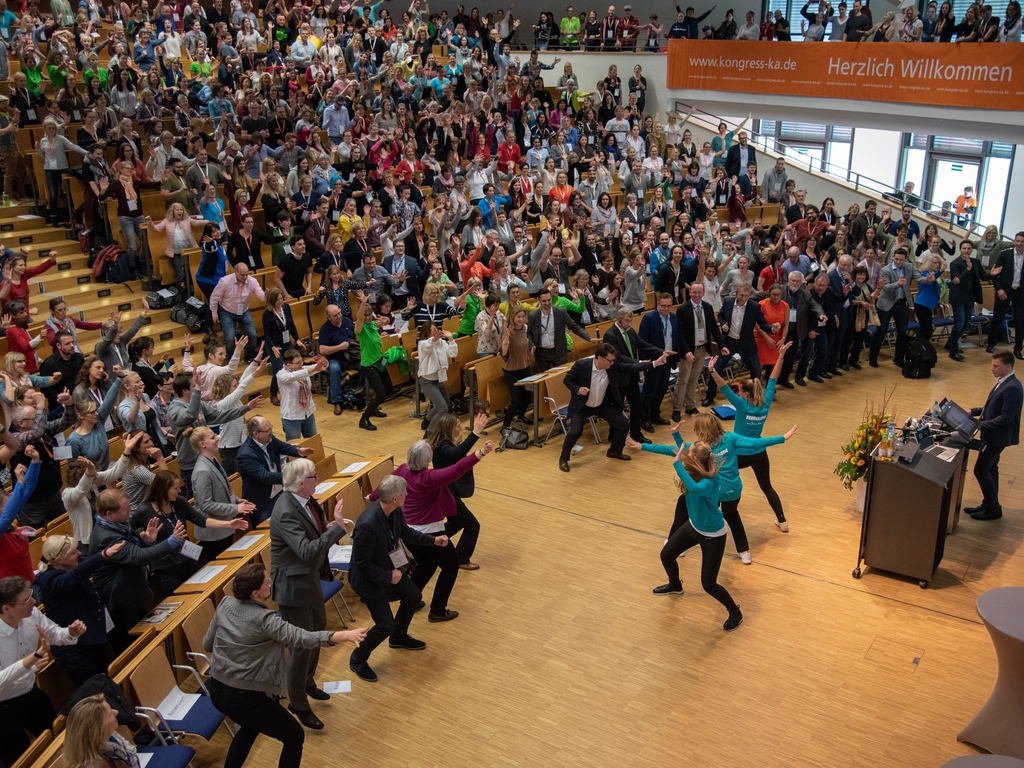
The “Kinder bewegen” 2025 congress will take place in a very special format, as brand new results from the MoMo 2.0 study will be presented and discussed for the first time on this day. The MoMo 2.0 study is unique in Germany and provides representative data for children and young people after the coronavirus crisis for the first time. Together with you and other experts from the various social sub-sectors of politics, education, medicine, health promotion and organized sport, we want to discuss in various formats how the data can be turned into action. Experience the central topics of motor fitness, exercise behavior, health, social and economic influencing factors at the congress. Expand your network, discuss with leading experts and take away new ideas for an active future.
Zum Programm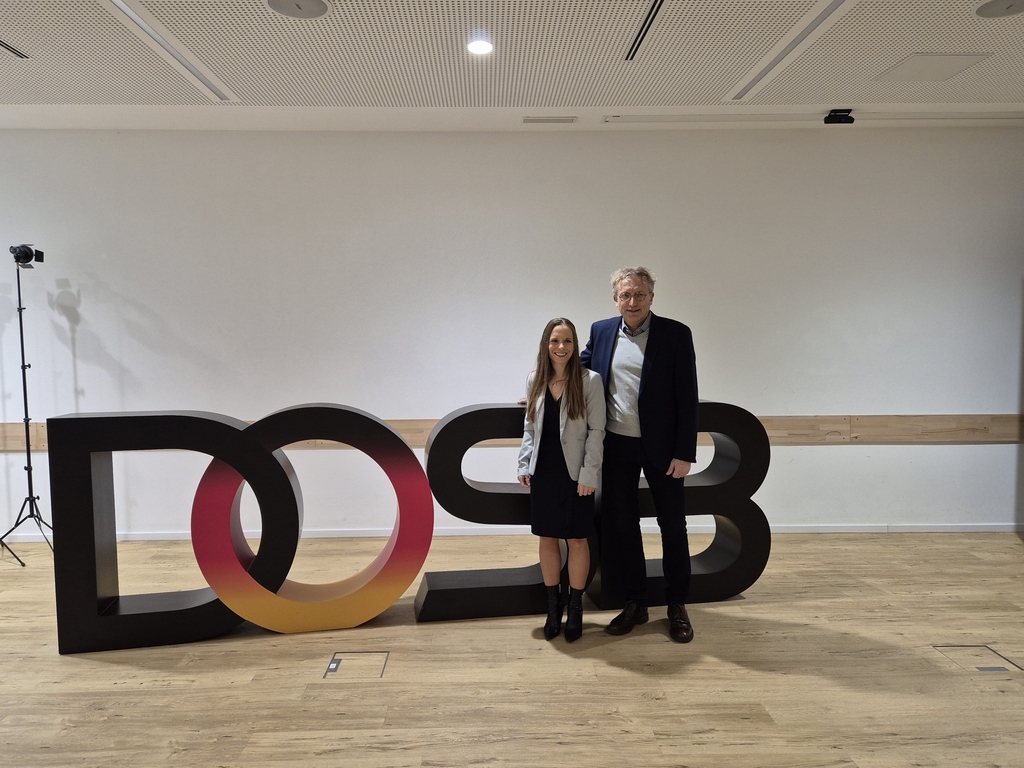
Last week, the German Olympic Sports Confederation (DOSB) awarded our former doctoral student Dr. Carina Nigg the first prize of the DOSB Science Award as part of the Festakademie. The DOSB Science Award is the most prestigious prize in German sports science. Carina received the award for her dissertation, in which she used data from the MoMo study to investigate the role of urbanization and green spaces for the physical activity and sport of children and young people. Congratulations Carina!
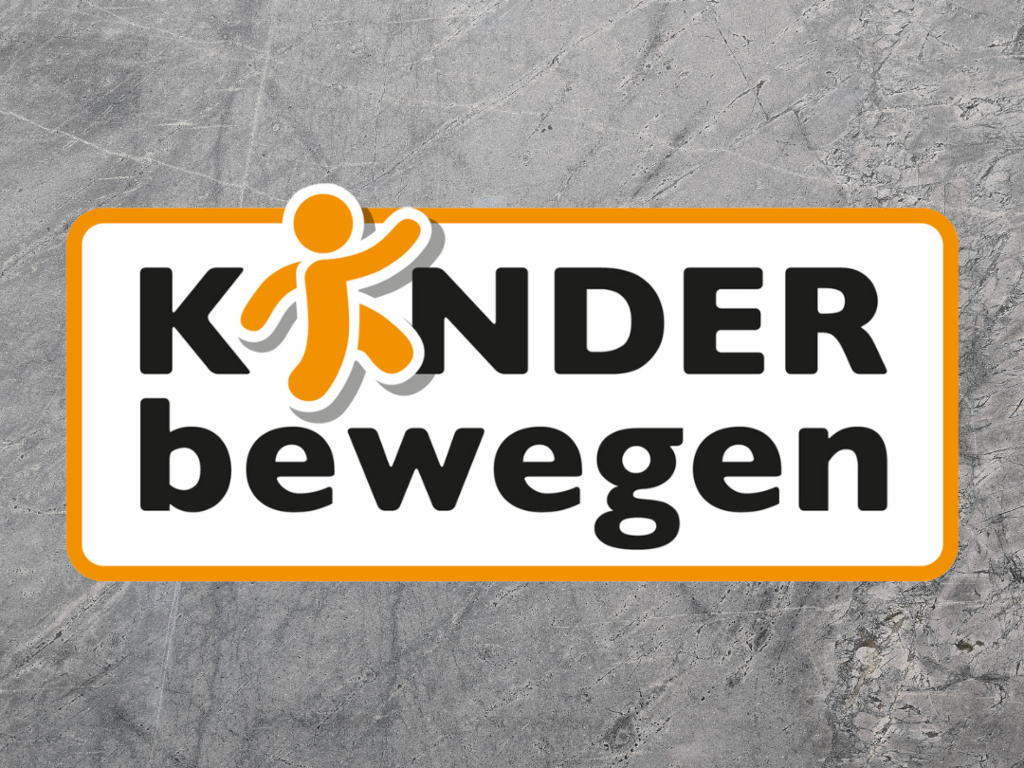
With the motto “Data for Action”, the event will present groundbreaking results from the MoMo 2.0 study. Organized by the Institute of Sports and Sports Science (KIT), the Research Centre for School Sports and the Physical Education of Children and Young Adults (FoSS) and the Badischer Turner-Bund, participants can expect an exciting programme with scientific impulses, practical workshops and a wide range of networking opportunities. Join us and help shape the future of physical activity promotion!
More information
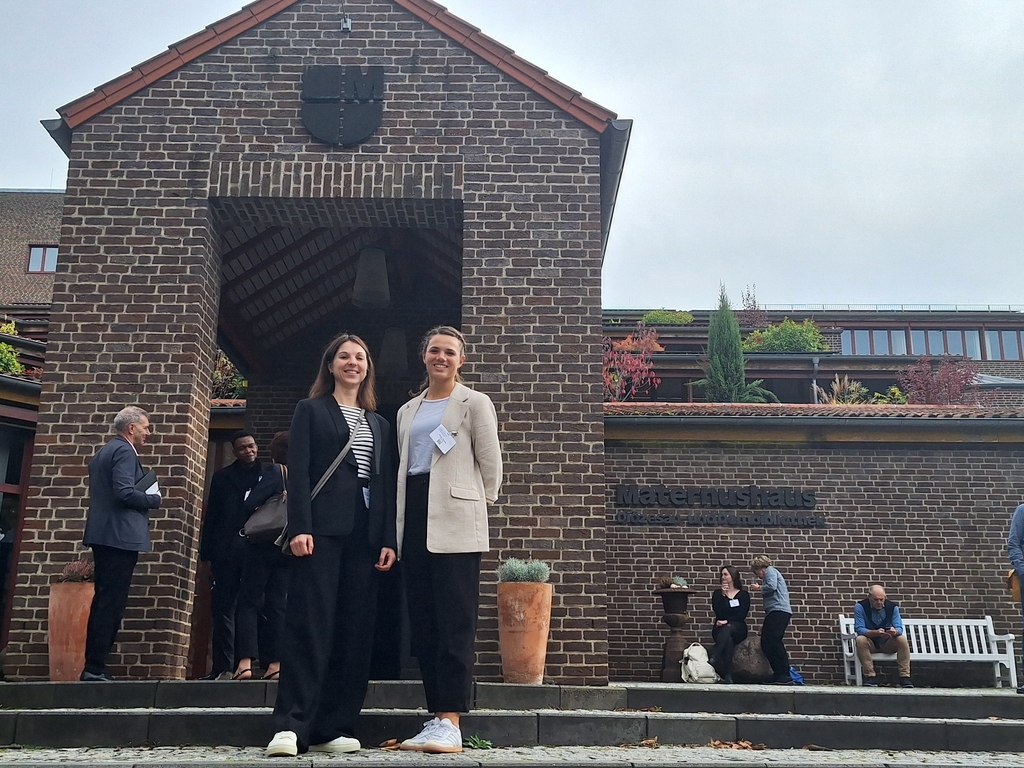
Elena Brehm and Lara Tschuschke attended the 40th annual conference of the German Obesity Society (DAG) in cooperation with the German Society for Sports Medicine and Prevention (DGSP). Elena Brehm presented the current status of the diagnosis of sarcopenia in children and adolescents, while Lara Tschuschke presented the results of the MoMo study (2018-2020) on physical activity and the weight status of children and adolescents in Germany.
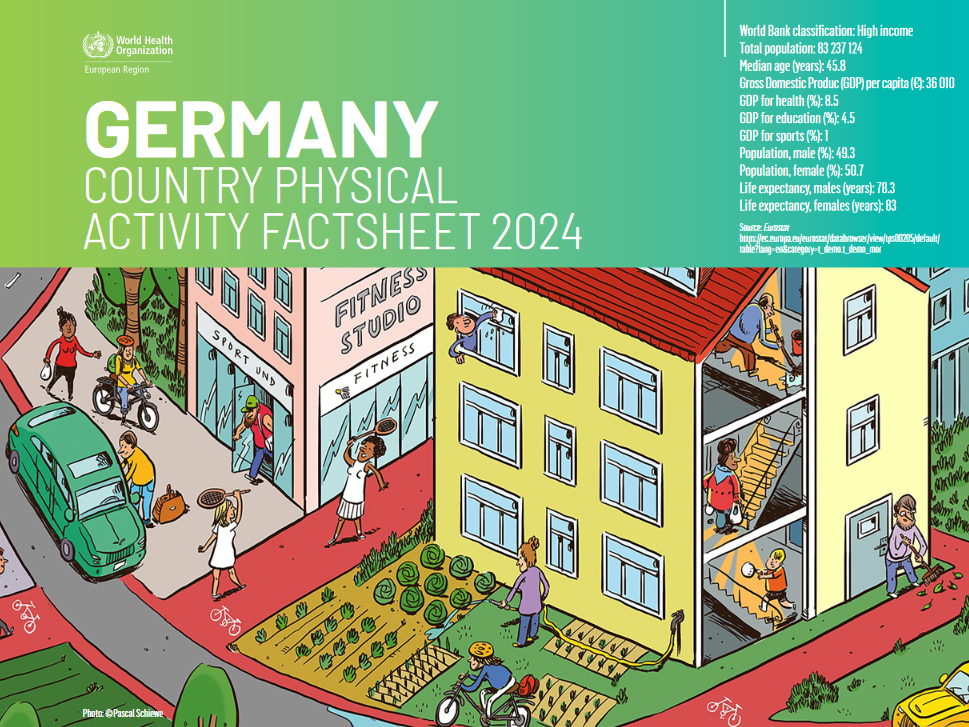
The WHO has published the new Physical Activity Factsheet - Germany 2024. It shows the current state of physical activity and the framework conditions in Germany. For children and adolescents, it includes data from the MoMo study from waves 2 and 3 on physical activity. The factsheet offers valuable insights to better understand the physical activity situation and to plan future measures in a targeted manner.
To the Factsheet (german)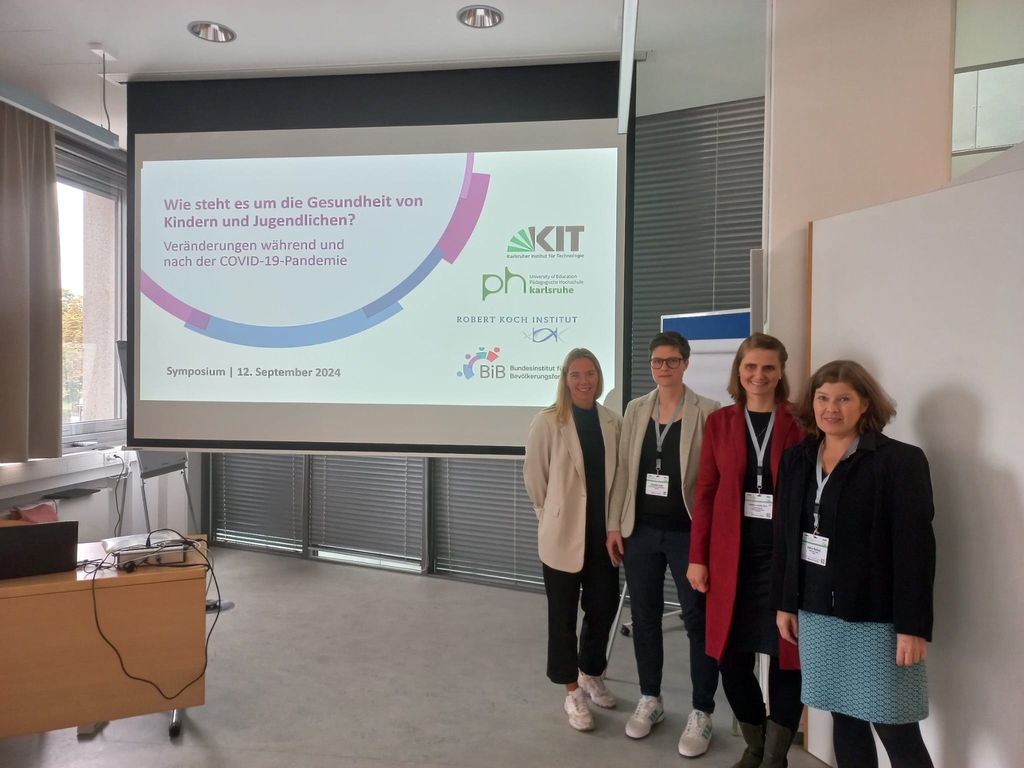
Dr. Sarah Heinisch and Dr. Carmen Volk presented the study design of the MoMo 2.0 study and COMO study at the cooperation conference “Gesundheit – gemeinsam denken, forschen und handeln” of the DGSMP, DGEpi, DGMS and DGPH. The presentations took place as part of a symposium on the topic “What about the health of children and adolescents? Changes during and after the COVID-19 pandemic”. The symposium was organized together with Dr. Helena Ludwig-Walz (Federal Institute for Population Research, BIB) and Petra Rattay (Robert Koch Institute, RKI).
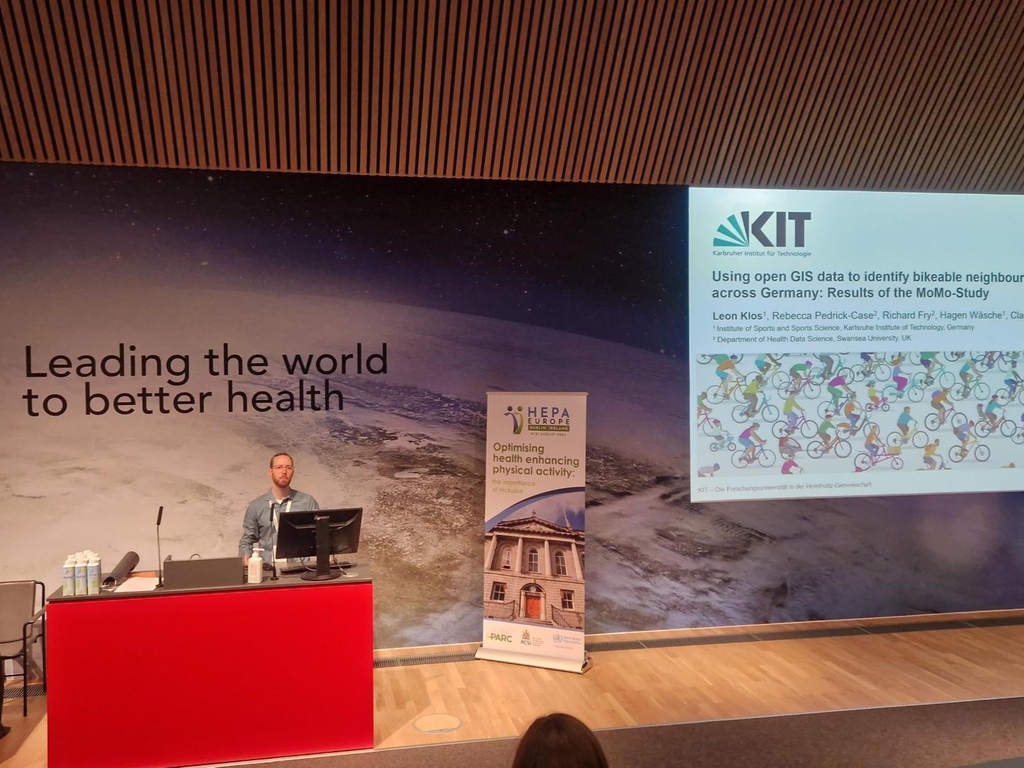
Leon Klos presented MoMo results at the symposium ‘How can HEPA research contribute to shifting modes towards active mobility?’ at the HEPA Conference 2024 in Dublin.
Preliminary citation: Klos, L., Patrick-Case, R., Fry, R., Wäsche, H., Niessner, C. & Woll, A. (2024, 19-21 Aug.). Using open GIS data to identify bikeable neighbourhoods for adolescents across Germany: Results of the MoMo-Study [Conference presentation]. HEPA Europe 2024, Dublin, Ireland.
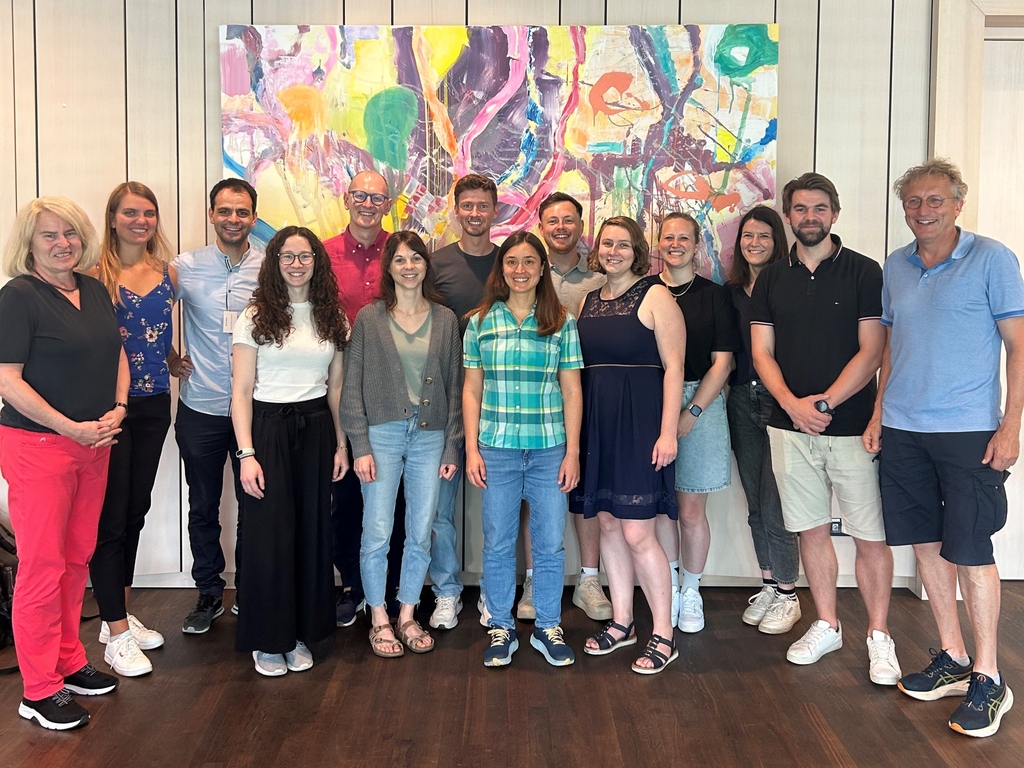
The annual joint Summer School of the University of Bern, the Technical University of Munich, the University of Tübingen, and KIT took place from June 26th to 28th in Tübingen. Approximately 50 doctoral students and 20 postdocs and professors participated in various working groups and engaged in intensive discussions. Among the participants were also some (junior) scientists of the IfSS, including employees of the MoMo project (see picture). The program was enriched by four captivating keynotes. Additionally, a diverse social program was offered, including a punting trip on the Neckar River.

